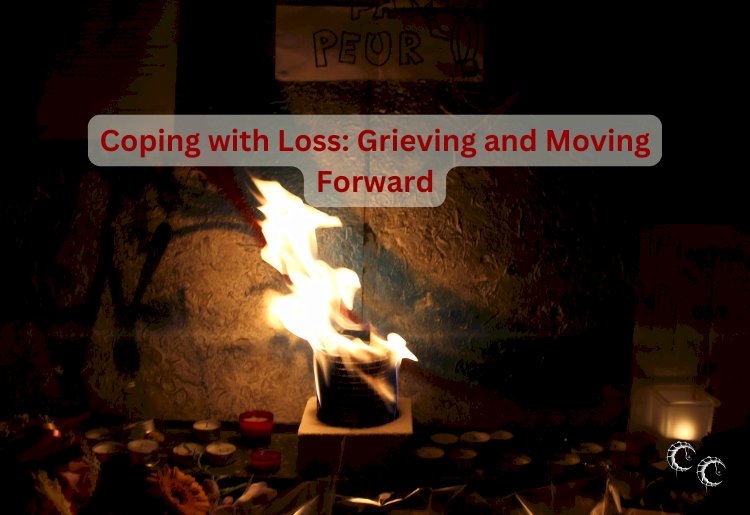Coping with Loss: Grieving and Moving Forward

Loss is a universal yet deeply personal experience that challenges our emotions, thoughts, and sense of stability. Grieving is a natural process that helps us navigate this pain and eventually find a way to move forward. Here are strategies for coping with loss while honoring your feelings and the memory of what you've lost.
Understand the Grieving Process
- Grief is not linear; it’s a series of stages that may include denial, anger, bargaining, depression, and acceptance.
- Everyone grieves differently—there’s no right or wrong way to experience it.
Allow Yourself to Feel
- Suppressing emotions can delay healing. Permit yourself to feel sadness, anger, confusion, or even relief.
- Remember that emotions may ebb and flow, often unexpectedly.
Seek Support
- Reach out to friends, family, or support groups who can offer understanding and comfort.
- Professional counselors or therapists can provide guidance tailored to your situation.
Take Care of Yourself
- Prioritize basic needs like sleep, nutrition, and hydration, even when it feels difficult.
- Engage in gentle physical activities, like walking or yoga, to alleviate stress and tension.
Honor the Memory
- Create rituals or memorials that celebrate the person or thing you’ve lost.
- Share stories, write letters, or create a keepsake that helps keep their memory alive.
Avoid Isolation
- While solitude can be healing, prolonged isolation may deepen feelings of loneliness.
- Make an effort to connect with others, even if it’s through small, everyday interactions.
Give Yourself Time
- Grief doesn’t follow a set timeline. Be patient with yourself and the process.
- It’s okay to revisit moments of grief, even long after the loss.
Find Healthy Outlets
- Express your emotions through journaling, art, music, or other creative outlets.
- Engage in activities that bring small moments of joy or peace.
Consider New Perspectives
- While loss often reshapes our lives, it can also inspire growth and resilience.
- Reflect on how the experience has changed your outlook or priorities.
Know When to Seek Help
- If grief feels overwhelming or leads to prolonged withdrawal, hopelessness, or harmful behavior, consider professional intervention.
- Therapists, grief counselors, and helplines are valuable resources for additional support.
Loss can feel insurmountable, but with time and care, healing is possible. While the pain may never fully disappear, it becomes part of your story, allowing you to honor what was while embracing what lies ahead.






























